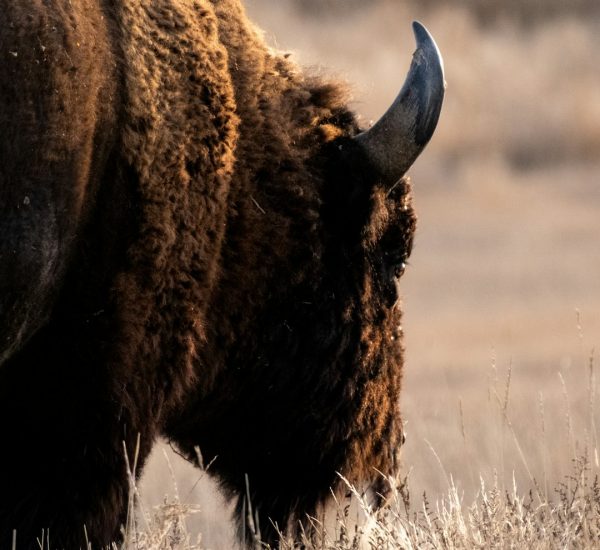Sports betting has exploded in the last few years. It’s on TV, in apps, and even inside stadiums. Big companies are racing to get a piece of this booming business. But not everything is as shiny as it seems.
In early 2024, The New York Times dropped a major investigation. It exposed some surprising facts about the biggest players in the sports betting world. If you thought sports betting was just harmless fun, this report might change your mind.
What Was the Investigation About?
Simply put, the NYT looked at how big-name betting companies operate. They followed the money, the marketing, and the rules—especially how these companies treat their users.
The findings? Eye-opening. Some companies are using aggressive tactics to keep people hooked. Others may even be taking advantage of those most vulnerable.
Who Are the Big Names?
Here are some of the major betting companies the NYT focused on:
- FanDuel
- DraftKings
- BetMGM
- Caesars Sportsbook
These are the heavy hitters. Their names pop up everywhere—from Super Bowl ads to podcasts to sports talk shows.
The Allure of “Free” Bets
First, let’s talk about promotions. Free bets, bonuses, risk-free wagers—it all sounds great, right? Well, the NYT says it’s not that simple.
Those “free” bets often come with strings. To unlock the bonus, you might need to bet more money. Sometimes a lot more. And if you lose, it’s your own cash on the line—not theirs.
One NYT headline said it best: “Free Bets Come at a High Cost.”
How They Keep You Betting
You might think that losing money would make people stop. But these companies have ways to keep users coming back. According to the NYT, here are some tricks they use:
- Push Notifications: Apps ping users constantly with new bet suggestions.
- Tailored Promotions: They watch what you bet on and create deals just for you.
- VIP Programs: Bet enough and you get “status.” Special gifts, event invites, and even personal betting advisors.
It feels like luxury. But in reality, it can keep users spending more and more.
What About the Rules?
Each state has its own rules for online betting. Some are very strict. Others? Not so much.
The NYT report said that in many states, oversight is weak. Regulators don’t always keep up. And when complaints do arise, investigations move slowly—or not at all.
This gives companies lots of room to operate. And sometimes, they push the limits.
Who’s Most at Risk?
The big concern is that vulnerable people are getting caught in the trap. This includes:
- Teens and Young Adults: Flashy ads target them with humor and excitement.
- Problem Gamblers: People who’ve already struggled with betting often get the most enticing promotions.
- Low-Income Users: Some spend more than they can afford, hoping for a big win.
Many of the stories in the NYT article were heartbreaking. People who lost thousands. Some who even lost homes or relationships.

The Marketing Machine
Betting companies aren’t just buying ads. They’re partnering with athletes, hiring influencers, and sponsoring teams and entire leagues.
This makes betting feel like a normal part of watching sports. But it blurs the line between entertainment and gambling. And that’s a big deal—especially for younger fans.
According to the investigation, some athletes were even asked to post betting promo codes. That’s like turning your favorite sports hero into a Vegas dealer.
Some Startling Stats
The investigation included some wild numbers. Check these out:
- $220 billion worth of bets were placed in the U.S. in just five years.
- States made nearly $3 billion from taxes on these bets.
- Some users placed hundreds of bets per day.
That’s not casual betting—that’s full-time gambling.
What Are States Doing About It?
Some states are tightening rules. Others are creating programs to treat problem gamblers. But many are still playing catch-up.
Why? Because sports betting makes states money—lots of it. That creates a tug-of-war between public health and profit.
Some states have banned certain ads. Others now require warnings in commercials. Still, enforcement is spotty.
What Can You Do?
If you’re placing bets—or thinking about it—here are a few tips to stay safe:
- Set limits before you start. Only bet what you’re okay losing.
- Recognize the signs of problem gambling—chasing losses, hiding your bets, or betting with rent money.
- Take breaks or even consider self-exclusion tools offered by apps.
- Talk to someone if you’re worried. There are support groups and hotlines available.

The Takeaway
The NYT investigation pulled back the curtain. It showed a powerful industry driven by profit, not always responsibility. While betting can be fun, it can also be risky—especially when the game is rigged to keep people playing.
So next time you see a free bet offer or a flashy ad? Think twice. Know the game you’re playing. And make sure you’re the one in control—not the app.
Remember:
Gambling should be fun, not painful. And no win is worth your peace of mind.



